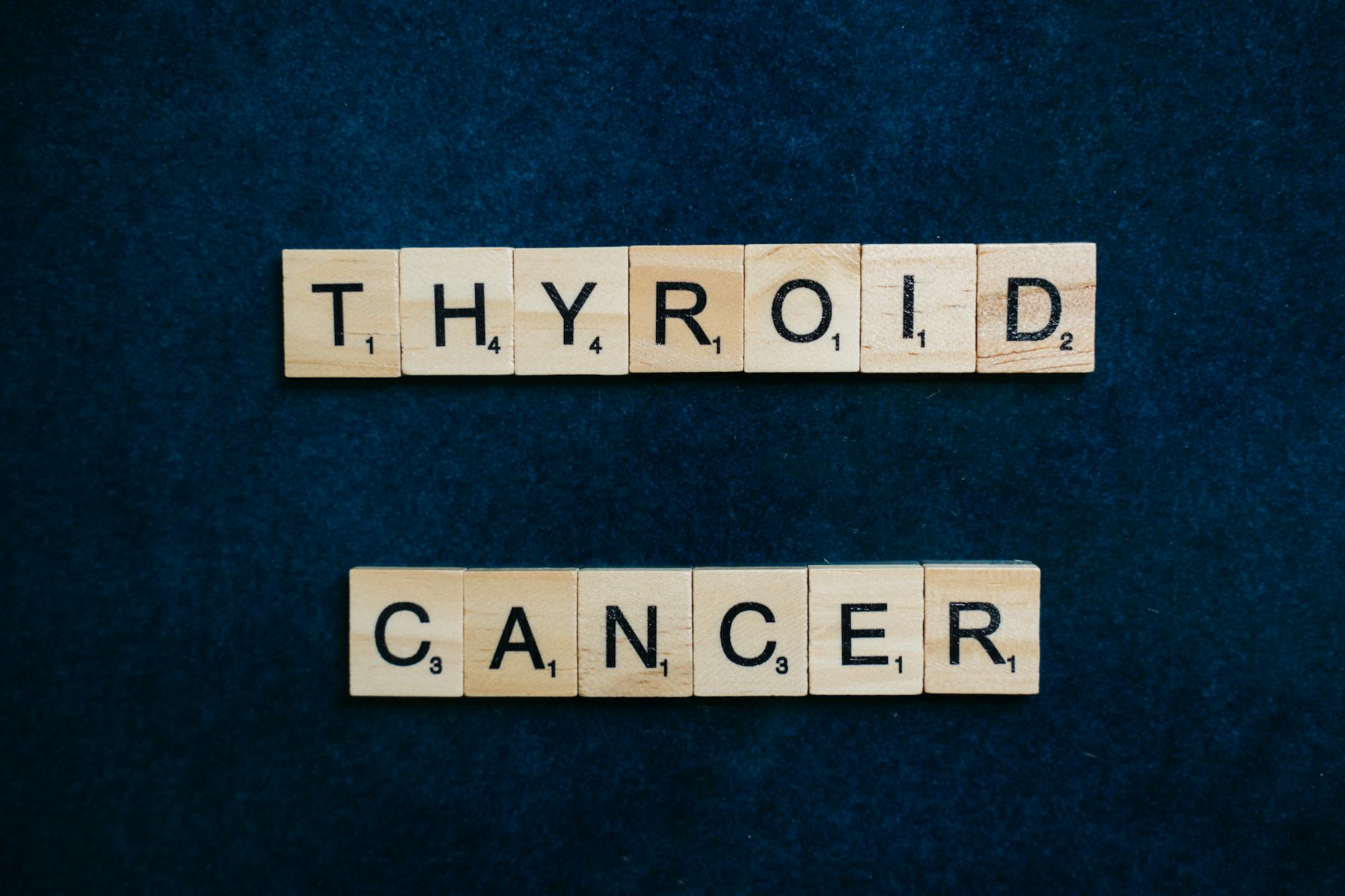Uncover the secrets of Graves Disease in this comprehensive guide – everything you need to know to understand and manage it.
Table of Contents
Graves Disease is a relatively common autoimmune disorder that affects the thyroid gland. Understanding this condition is crucial for those who may be at risk or have been diagnosed with it. In this comprehensive guide, we will delve into the causes, symptoms, diagnosis, and treatment options for Graves Disease.
Causes and Risk Factors
Graves Disease is caused by the immune system mistakenly attacking the thyroid gland, leading to an overproduction of thyroid hormones. While the exact cause is unknown, there are certain risk factors that may increase the likelihood of developing this condition.
Genetic predisposition, gender (women are more likely to develop Graves Disease), and smoking have all been identified as potential risk factors for the disease. Stress and other environmental factors may also play a role in triggering the autoimmune response.
Symptoms
The symptoms of Graves Disease can vary from person to person and may be mistaken for other health issues. Common symptoms include:
• Excessive sweating
• Tremors
• Weight loss despite increased appetite
• Anxiety and irritability
• Bulging eyes (exophthalmos)
• Heat intolerance
• Irregular heartbeat (arrhythmia)
If you experience any of these symptoms, it is essential to consult a healthcare provider for a proper diagnosis.
Diagnosis
Diagnosing Graves Disease typically involves a combination of physical exams, blood tests, and imaging studies. Blood tests can measure the levels of thyroid hormones (T3 and T4) and thyroid-stimulating hormone (TSH) in the body. An ultrasound or radioactive iodine uptake test may also be conducted to assess the size and function of the thyroid gland.
Treatment Options
There are several treatment options available for Graves Disease, depending on the severity of the condition and individual preferences. Common treatment approaches include:
| Aspect | Information |
|---|---|
| Definition | Graves Disease is an autoimmune disorder that leads to overactivity of the thyroid gland. |
| Cause | It is caused by antibodies in the blood that stimulate the thyroid to produce too much thyroid hormone. |
| Symptoms | Common symptoms include weight loss, rapid heart rate, goiter, fatigue, and anxiety. |
| Diagnosis | Diagnosis is usually made through blood tests to measure thyroid hormone levels and antibody levels. |
| Treatment | Treatment options include medication to block thyroid hormone production, radioactive iodine therapy, and in some cases surgery to remove part of the thyroid gland. |
| Prognosis | With proper treatment, the prognosis for Graves disease is usually good, and most people can lead normal, healthy lives. |
• Medications – Antithyroid drugs such as methimazole or radioactive iodine to reduce thyroid hormone levels. Beta-blockers may also be prescribed to manage symptoms such as rapid heartbeat.
• Radioactive Iodine Therapy – Involves ingesting a radioactive iodine pill that destroys overactive thyroid cells.
• Thyroidectomy – Surgical removal of part or all of the thyroid gland in severe cases.
Your healthcare provider will work with you to determine the most suitable treatment plan based on your specific needs and preferences.
Lifestyle Modifications
In addition to medical treatment, certain lifestyle modifications can help manage symptoms and improve overall well-being for individuals with Graves Disease. These include:
• Eating a balanced diet rich in nutrients that support thyroid function.
• Managing stress through relaxation techniques like yoga or meditation.
• Getting regular exercise to maintain a healthy weight and promote cardiovascular health.
• Avoiding smoking and limiting alcohol consumption.
Consulting with a healthcare provider or nutritionist can help create a personalized plan to support your health goals.
Conclusion
Graves Disease is a complex condition that requires careful management and oversight. By understanding the causes, symptoms, diagnosis, and treatment options outlined in this guide, you can take proactive steps to improve your health and well-being. Remember to consult with a healthcare professional for guidance tailored to your specific needs and circumstances.
FAQs
Question 1: What are the main risk factors for developing Graves Disease?
Answer 1: The main risk factors for Graves Disease include genetic predisposition, gender (women are more susceptible), smoking, and environmental factors like stress.
Question 2: What are the common symptoms of Graves Disease?
Answer 2: Common symptoms of Graves Disease include excessive sweating, tremors, weight loss despite increased appetite, anxiety, bulging eyes, heat intolerance, and irregular heartbeat.
Question 3: How is Graves Disease diagnosed?
Answer 3: Graves Disease is typically diagnosed through a combination of physical exams, blood tests to measure thyroid hormone levels, and imaging studies like ultrasounds or radioactive iodine uptake tests.
Question 4: What are the treatment options for Graves Disease?
Answer 4: Treatment options for Graves Disease include medications to reduce thyroid hormone levels, radioactive iodine therapy to destroy overactive thyroid cells, and in severe cases, surgical removal of part or all of the thyroid gland. Consult with a healthcare provider to determine the best treatment plan for your specific needs.





